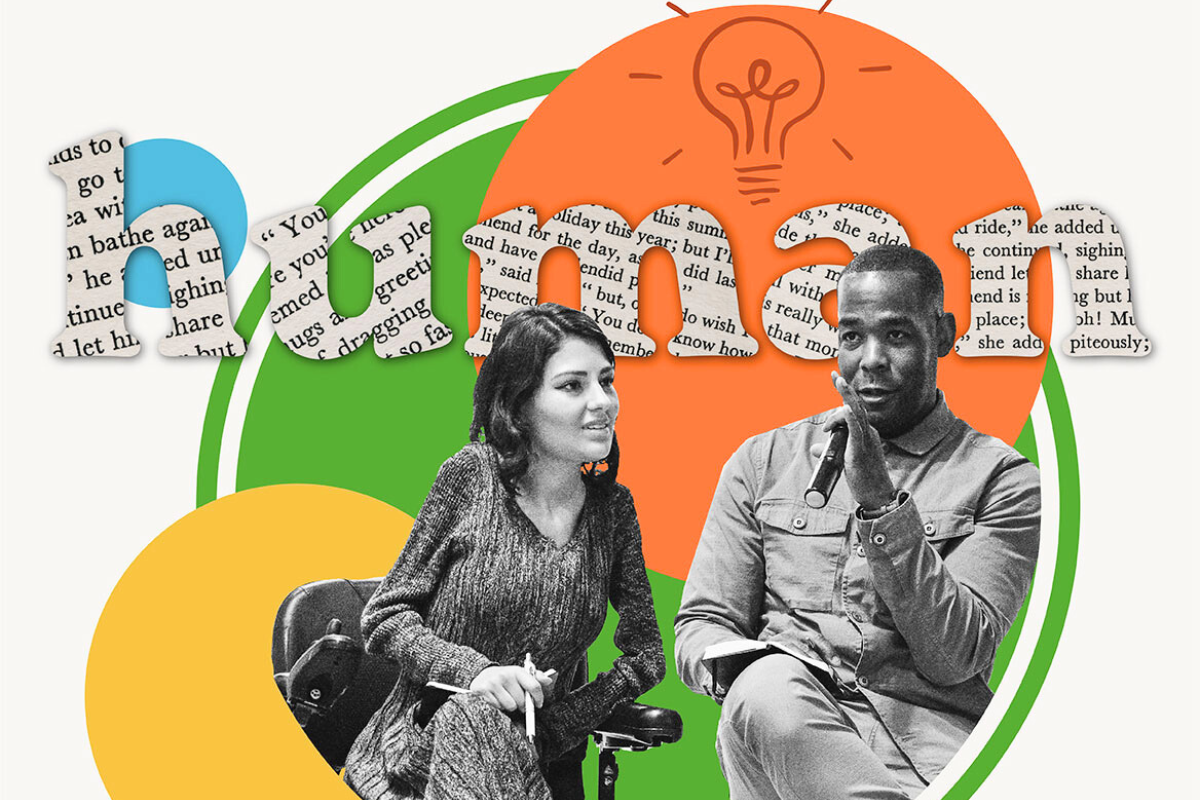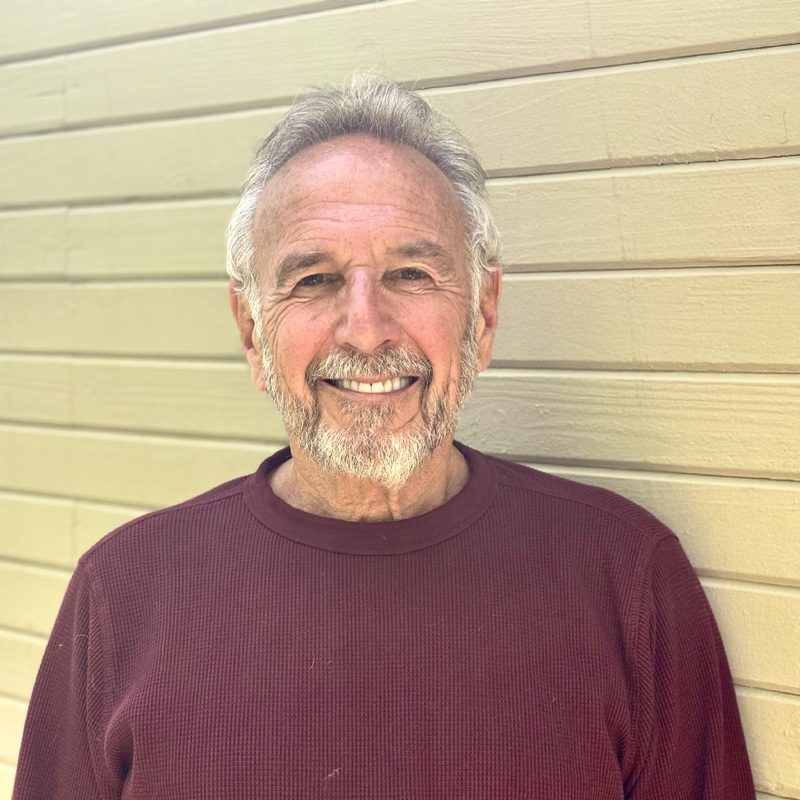-
Title
-
Stephen Baar
-
Quote
-
Sometimes I think about the work that any of us do in the humanities; there is an element in our heads, in our offices, in our own world. But I think Utah Humanities helps us, encourages us, to come out and bleed from our heart, to bleed from an outward-looking, grand outward-looking space."
-
Story
-
I was a so-called “gifted” student when I was 11 or 12, and I went to a specialized school in New York City for science and math. I ended up going to Alfred University in upstate New York, which is a small liberal arts school. I was on a program to do three years at Alfred and two years in a master’s program in engineering at Columbia University, but the humanities courses just dragged me from the physics courses. The woman that I cared about was an English major. From there on, it’s just been one fortunate (sometimes unfortunate) step along the way, but it’s always felt comfortable for me to be there. I always think that people find where they should be. I’m now a Professor Emeritus at Westminster, where I spent 35 years as a teacher and administrator. I served as the Dean of Humanities and the Academic Vice President. In addition to my work on the board of Utah Humanities, I was nominated for the Governor’s Award in the Humanities in the 1990s, which was a huge honor.
At the time, it was a disappointment to my parents that I became an English major. There was always law school in the future if you’re an English major, but I ended up doing a PhD program at the University of Utah. I was supposed to go to law school at Syracuse University. I ended up going for one day and deciding, “I don’t think so.” So I dropped out of law school after one day. I probably should have gone to law school, in retrospect, just because that’s the sort of personality I have. But it served me well in the humanities, because people in the humanities tend to be a lot nicer than I am.
Eventually, this Jewish kid from New York became a Humanist in Residence in Blanding, Utah.
I did that for six months in 1981, and it was life-changing for me. It just gave me a view of things that was just totally different. I ran programs for the Native Americans and Anglos in Blanding and the surrounding towns with the idea of introducing humanities to them and engaging them in their issues.
This had a lot to do with who was in charge: the exact same issues that they’re having now, with the government being run essentially by Anglos. I ran programs in Monticello, in the high school, and I ran something for elderly people on being old, on what it meant.
I did a film program on the reservation for Native Americans. And the result was that I just became enamored of the entire idea that all this academic stuff could actually be interesting and helpful for people. And because it was relatively successful, Utah Humanities loved it.
Being able to be out in public was great. I ran a film series on the reservation at Montezuma Creek High School. There was a movie called Little Big Man, with Dustin Hoffman playing the part of an American Indian. It wouldn’t happen today, but it was narrated by a Native American about a massacre and the aftermath of it.
Part of the reason for showing this film was that I thought we should talk about it. It was a tense sort of time between the people in Blanding and Monticello, and people who were living on the reservation. They loaded in extra security, just in case. Anyway, the film played, we watched it, and afterward there was a wonderful discussion.
That was a moment for me where I thought, “you get to talk about these issues through a film, as a way to generate interest.” It was great.
-
interviewer
-
Randy Williams
-
Profession
-
Professor
-
UH affiliation
-
UH board
-
Spatial Coverage
-
New York
-
From
-
Westminster University


